The Northern Gulf Institute (NGI) closely aligns its research and outreach activities with the regional efforts of NOAA and other organizations/groups, many of which have representation on the NGI Executive Board or who sponsor/participate in the NGI research and outreach activities. The result is that the NGI approach is science driven, regionally focused, and coordinated with other organizations that focus on Gulf of America issues.
The NOAA regional research efforts that the NGI contributes to include:
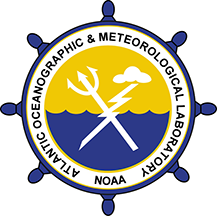
The Director of the OAR Atlantic Oceanographic and Meteorological Laboratory (AOML) in Miami, FL, serves as the NOAA Technical Program Manager for NGI; thus, AOML is the NOAA laboratory with which NGI works most closely. The NGI contributes to several OAR programs/projects, including the AOML Omics Program, the Uncrewed Aircraft Systems Program, the Ocean Acidification Program, the Climate Program, and the Weather Program. Additionally, the NGI provides OAR with high performance computing capabilities and capacity.
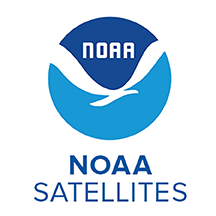
The NGI Program Office and the NESDIS National Centers of Environmental Information (NCEI) share a building at the NASA Stennis Space Center, facilitating a close working relationship among staff. The NGI collaborates with the NCEI to provide enhanced data, products, and services to a variety of projects, including the Coastal Ecosystem Data Assembly Center (CEDAC), the Ocean Exploration and Research (OER) Program, the Deep-Sea Corals Research and Technology Program (DSCRTP), the Data Integration, Visualization, Exploration, and Reporting (DIVER) Tool, and satellite products for weather forecasts.
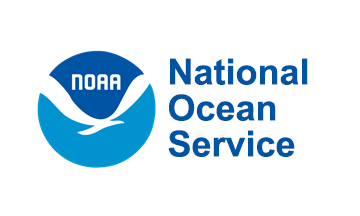
The NGI has worked with the NOS Office of Coastal Management (OCM) for over 10 years, focusing primarily on geospatial education and outreach and with the Office of Coast Survey (OCS) for hydrographic research. The NGI is the NOAA Cooperative Institute for Gulf of America Hypoxia, conducting research and monitoring to inform management strategies for the NOAA Hypoxia Task Force and the National Centers for Coastal Ocean Science (NCCOS) Hypoxia Program.
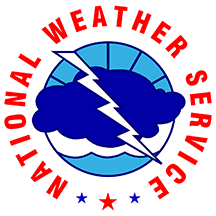
The NGI has a long-standing relationship with the NWS Lower Mississippi River Forecast Center (LMRFC), with work initially focused on advancing hydrology modeling and visualization then shifting to utilizing uncrewed aircraft systems (UAS). The NGI contributes to the National Water Center (NWC) in Tuscaloosa, AL, developing new capabilities for the National Water Model, primarily flooding and agricultural applications. The NGI assists the National Data Buoy Center (NDBC) with data processing/management projects and contributes to improved National Hurricane Center (NHC) forecasting, including the development of new techniques to estimate surface wind speed and more accurately capture air-sea interactions. Additionally, the NGI facilitates collaborative social science research with meteorologists and meteorology professionals.
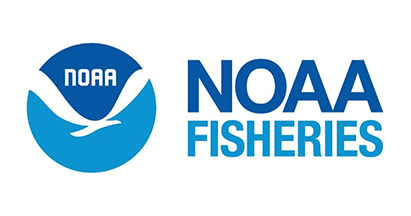
The NGI provides secure storage of plankton specimens at the Stennis Space Center for the NMFS Laboratory in Pascagoula, MS, that collects thousands of plankton and other biological samples yearly. The NGI works with the Southeast Fisheries Science Center (SEFSC) to improve assessments of fish stock and estimates of catch and bycatch using cameras and machine learning algorithms. The NGI contributes to improved access to historical coastal hydrographic water column data, conducts water quality research in several watersheds, and monitors several marine species, including sea turtles and smalltooth sawfish.
Organizations and groups that the NGI collaborates/partners with for coordinated regional scientific efforts include: